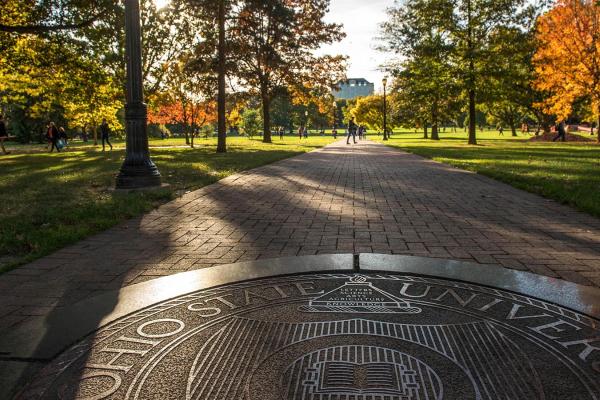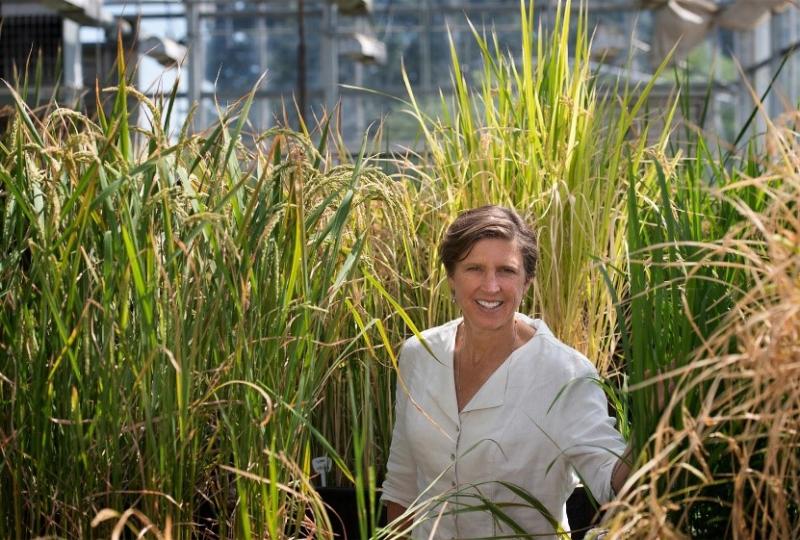Feeding the Future

How do we produce enough food to satisfy the growing demands of our growing population? How can we achieve this while also ensuring the stability of our food system despite growing ecological challenges? Plant scientists understand that our food system must adjust to both of these challenges, and biotechnology presents a toolkit for meeting the demands of society while minimally disrupting our environment. A poignant example that many may not be aware of is the story of Swarna Sub1 rice (often shortened to just “Sub1 rice”).
The “Sub” of Sub1 is short for “submergence.” The significance of the Sub1 gene was discovered in a variety of rice traditionally grown in a flood-prone area of eastern India. While rice crops are often grown in flooded areas, long-term submergence of rice crop leads to yield losses that can have severe impacts on a farmer’s bottom line. However, rice carrying the allele (i.e. version) of the Sub1 gene found in this variety was shown to have substantially-increased tolerance of flooding. Then, when this allele was introduced to the genome of other rice varieties, it was shown that this was a way to engineer increased flood resistance to other varieties.
Fortunately, the enormous potential of this technology was acknowledged by the Bill & Melinda Gates Foundation. In 2014, they agreed that Sub1 rice’s capacity to increase productivity and decrease risk on small farms in Asia make it an excellent way to support food system security and development in those regions. Therefore, the Foundation provided extensive grant funding to make Sub1 rice available for free to farmers in Asia, and as of this writing the rice is being grown by around 10 million farmers.
So, why am I writing about this today? The story of Sub1 rice began in 1996 as a USDA-funded research project directed by Dr. Pamela Ronald of UC Davis. Twenty years on, Dr. Ronald told this story in her 2015 mainstage TED talk, where she also described numerous other important applications of plant biotechnology. Now, later this month on Oct 22nd and 23rd, Dr. Ronald will be in Columbus to deliver the annual Waller Memorial Lectures where she will talk about the role of biotechnology in the future of our food system. As a researcher who has dedicated her remarkable career to tackling challenges to the stability and sustainability of our food system, Dr. Ronald is a visionary for the future of agriculture. I’m thrilled to have such an authority on plant biotechnology and science communication joining us for this event later this month, and I hope to see all my fellow TPS and CAPS associates in the audience!

Figure 1. Dr. Pamela Ronald in her greenhouse in Davis, CA
Written by TPS Fellow Alex Turo
